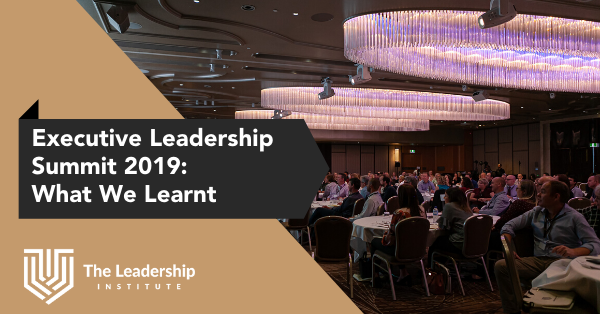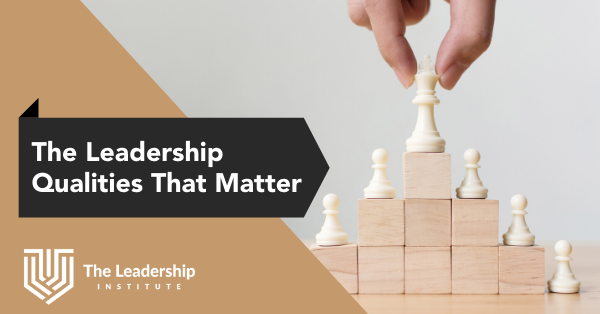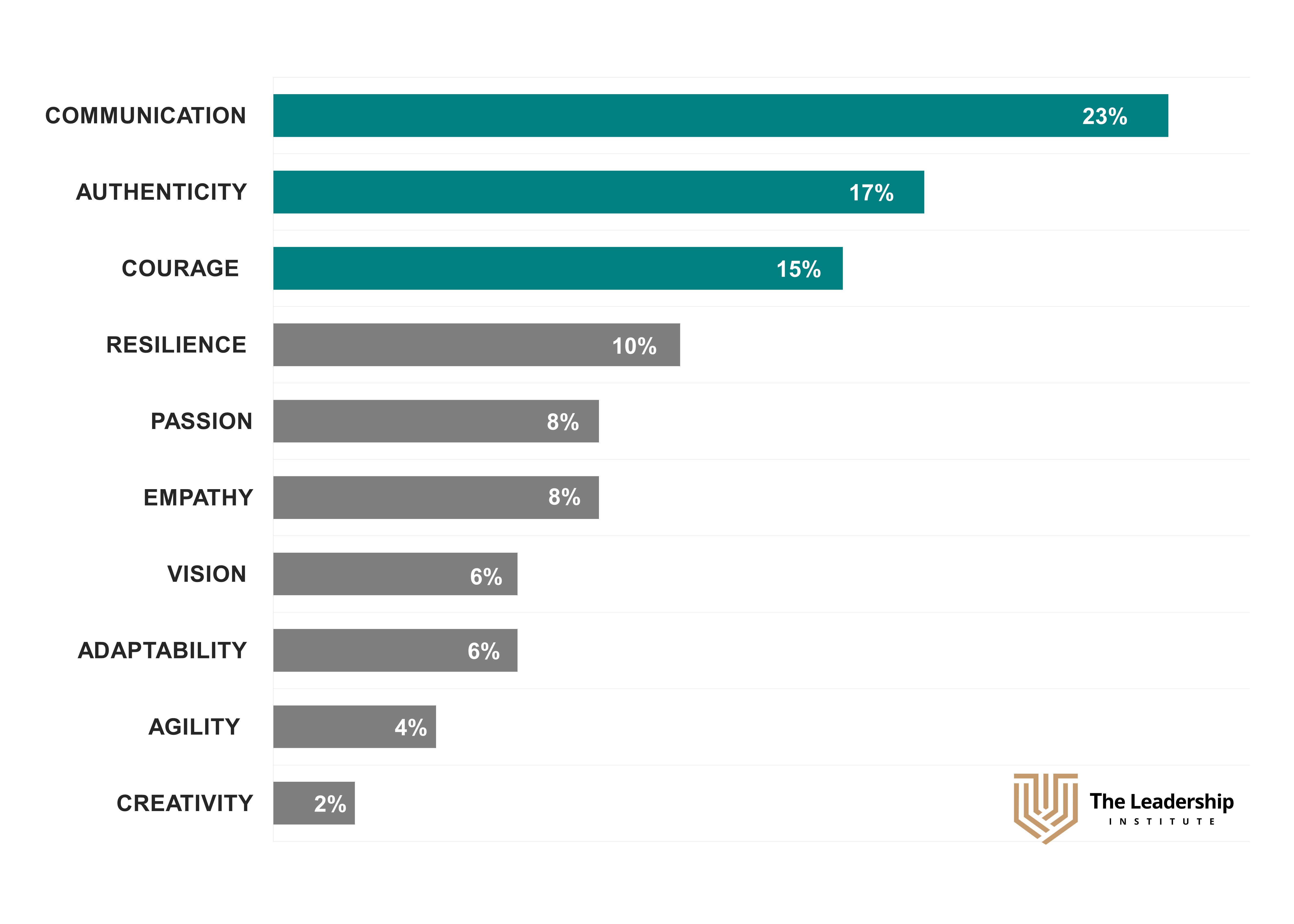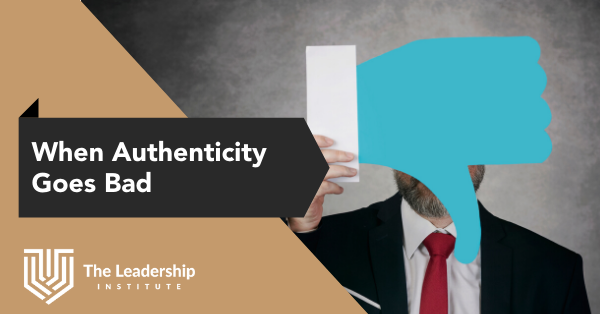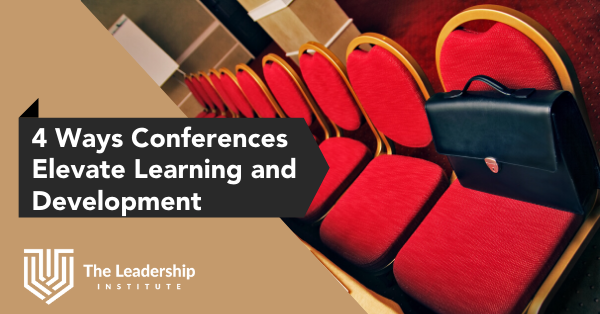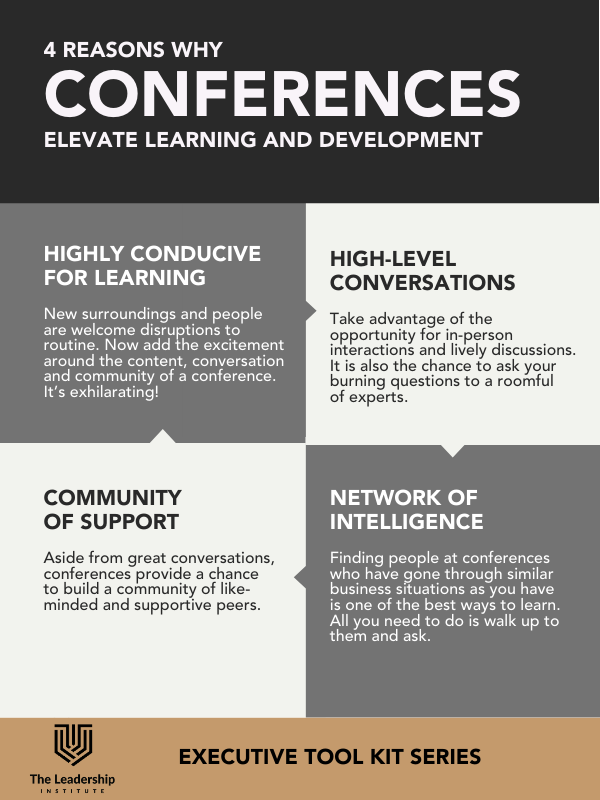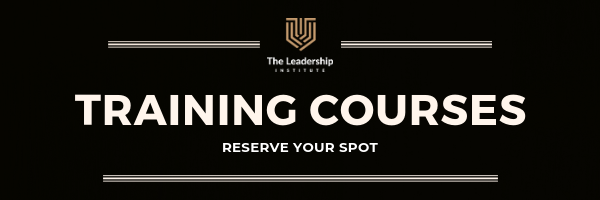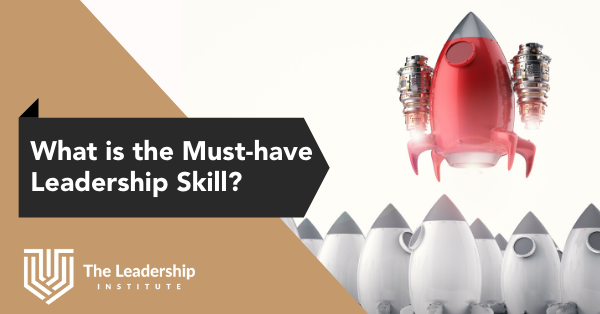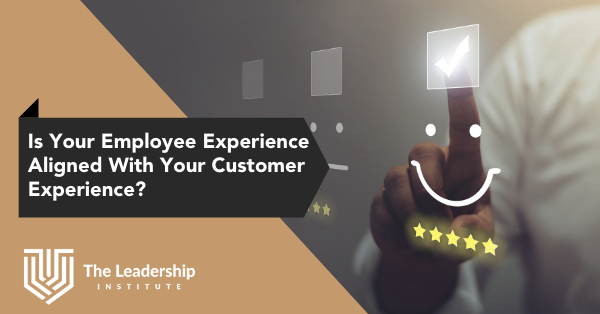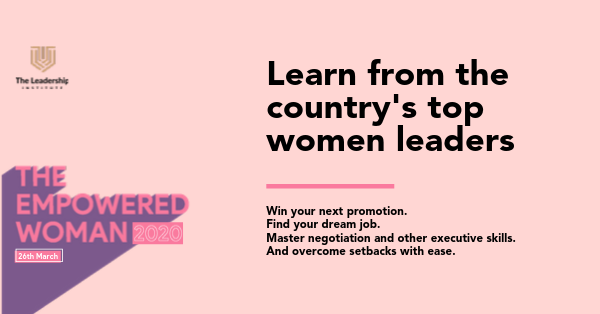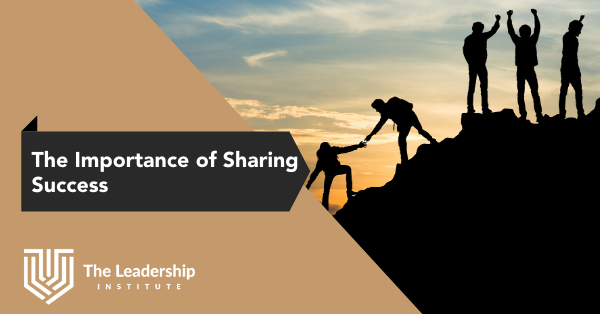For those of you who attended our Executive Leadership Summit last month, I’m sure you’ll agree it was a very inspiring and practical experience, this was definitely the best event I have been to in 2019. Keynote speakers Mark Bouris and Todd Sampson were transparent and spoke from their real experiences from their personal journeys of showing up, facing fears and overcoming obstacles in leadership.
The Executive Leadership Summit is all about unleashing your leadership potential. What got you here, won’t get you there. To get there, you need not just the tools but the insight of seasoned executives.
This year, we had over 16 leaders of Australia’s most successful companies speak at the summit about their experiences from leadership, strategy and innovation to people and change management.
I would like to personally thank each and every leader who shared practical, experience-based keynotes and case studies. It was pure honesty, passion, real stories, big and small successes, facing fears and sharing the learnings from making mistakes.
It’s nice to know that some of the country’s best leaders make mistakes, because we all do. But what really matters is how we grow and develop as a result. The lessons we learn make us who we are. Those who attended will agree we all walked away feeling motivated to take control of our leadership capability and take new actions with confidence.
Tim MacKinnon, Managing Director of eBay Australia and New Zealand opened the summit, speaking off the cuff about the mindset of an effective leader and his top 5 practical tips for executive leadership; it was raw and real. His talk was a highlight for many, reassuring “everyone no matter where they are, can be great leaders” and exploring how to build and balance authority and approachability, especially as you progress in seniority.
Adventurer, filmmaker, television presenter and businessman Todd Sampson showed us how you can boost your creativity and brain power in his VIP keynote, sharing the tools he has discovered while working on his acclaimed series REDESIGN MY BRAIN. He explained “it’s all in the power of the mind to overcome fears” and how you need to continually keep working your brain plasticity. Mental flexibility is absolutely important in business, as is visualisation and emotional regulation. If you have control of your mind, you have control of your life.
I really enjoyed the highly anticipated VIP leadership strategy keynote by Mark Bouris AM, one of the nation’s foremost business strategists. For me, it was a career highlight. Mark drew on his experience to explain the fundamentals of business strategy and its implementation, opening with “a leader … is someone who leads by example” and asked, “what are you doing in your business to hold everyone accountable?”
Mark shared his wisdom on how leaders must drive the discovery of purpose, be willing to take risks and be prepared to fail; “a leader in a business has to offer guidance on ethics”. He urged leaders to provide the structure for the business to execute and operate under, “you’ve got to build a team”. The structure should be revisited every month for continuous improvement.
Suzy Nicoletti, Managing Director of Twitter focused on understanding your people in order to lead them better. She reminded us that building a strong culture of high performance, transparency and trust within a team is absolutely important for talent attraction and retention. She shared unique insights from her five years at Twitter, and why honesty wins over the sugar-coat approach. People want to know you holistically, the real you.
If you missed out on joining us this year, don’t worry we’ll be back in 2020. We have a fantastic line up of events for 2020, kicking off the year with the Authentic Leadership Summit on 17-20 March.
Back for its fifth year, at this summit you’ll learn how to lead your organisation with greater purpose in the contemporary business climate. Key speakers include, Ita Buttrose AC, OBE, Roger Eaton, Katrina Troughton and Larry Marshall. See the full program, line-up and secure your seats here.
